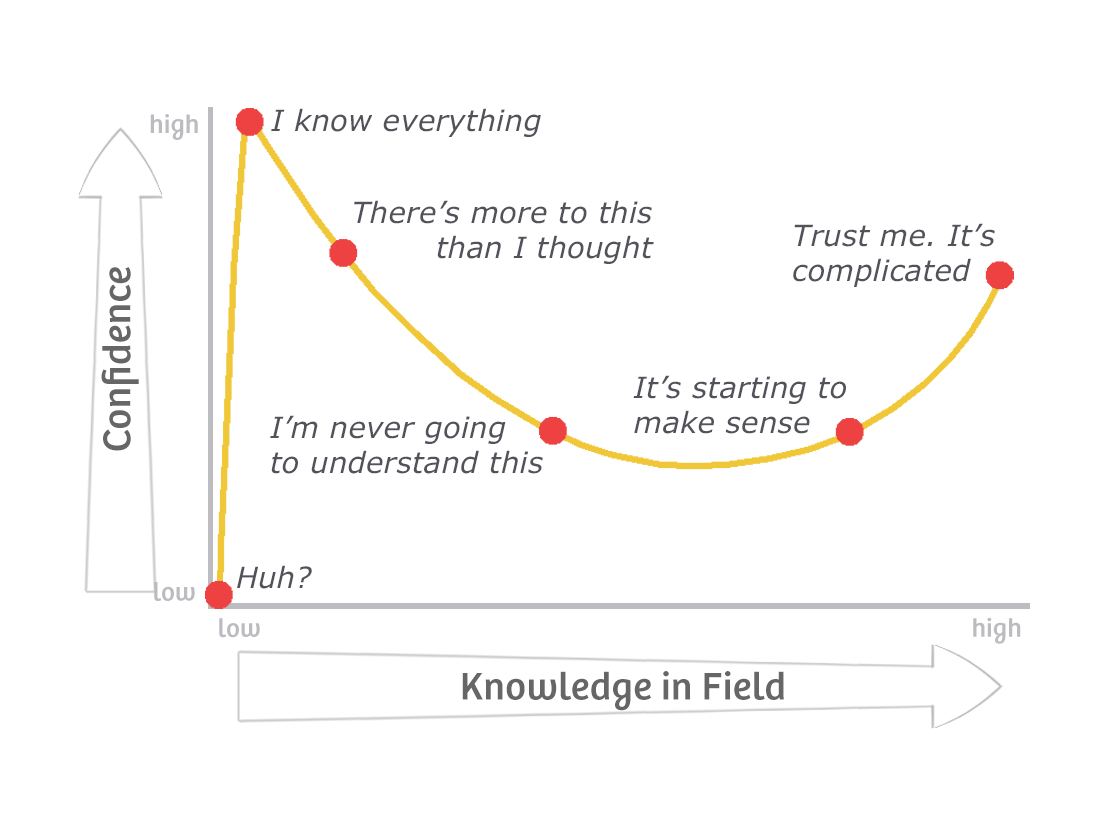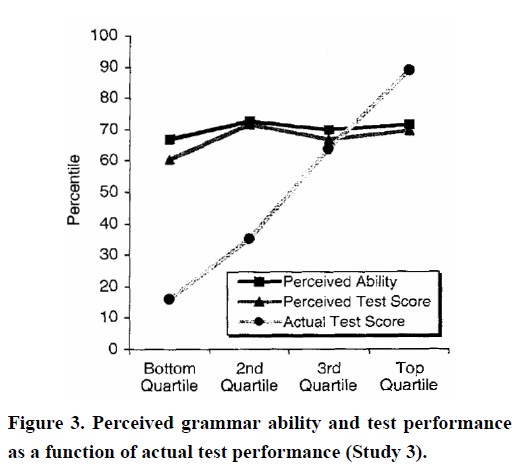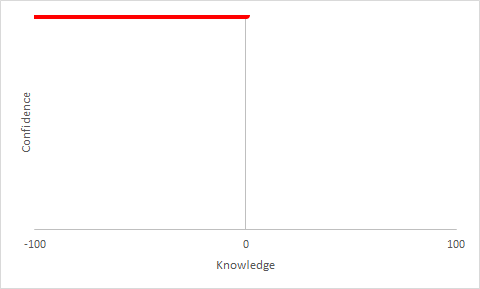Do I have more trouble with this than other forumites?
David Dunning and Justin Kruger (1999). “Unskilled and Unaware of It: How Difficulties in Recognizing One’s Own Incompetence Lead to Inflated Self-Assessments”. Journal of Personality and Social Psychology. 77.
https://www.researchgate.net/publication/12688660_Unskilled_and_Unaware_of_It_How_Difficulties_in_Recognizing_One’s_Own_Incompetence_Lead_to_Inflated_Self-Assessments
People tend to hold overly favorable views of their abilities in many social and intellectual domains. The authors suggest that this overestimation occurs, in part, because people who are unskilled in these domains suffer a dual burden: Not only do these people reach erroneous conclusions and make unfortunate choices, but their incompetence robs them of the metacognitive ability to realize it. Although their test scores put them in the 12th percentile, they estimated themselves to be in the 62nd. Several analyses linked this miscalibration to deficits in metacognitive skill, or the capacity to distinguish accuracy from error.

I just realised that the above much-quoted graph is a fake. It is not what Dunning and Kruger found at all.
What Dunning and Kruger found is that across all levels of competence, people judged themselves almost equally competent, with a slight rise in judged competence with actual competence. Here for example is case 3.

But then perhaps, just perhaps, the incompetent person is the one who set up the test in the first place? Nah.
